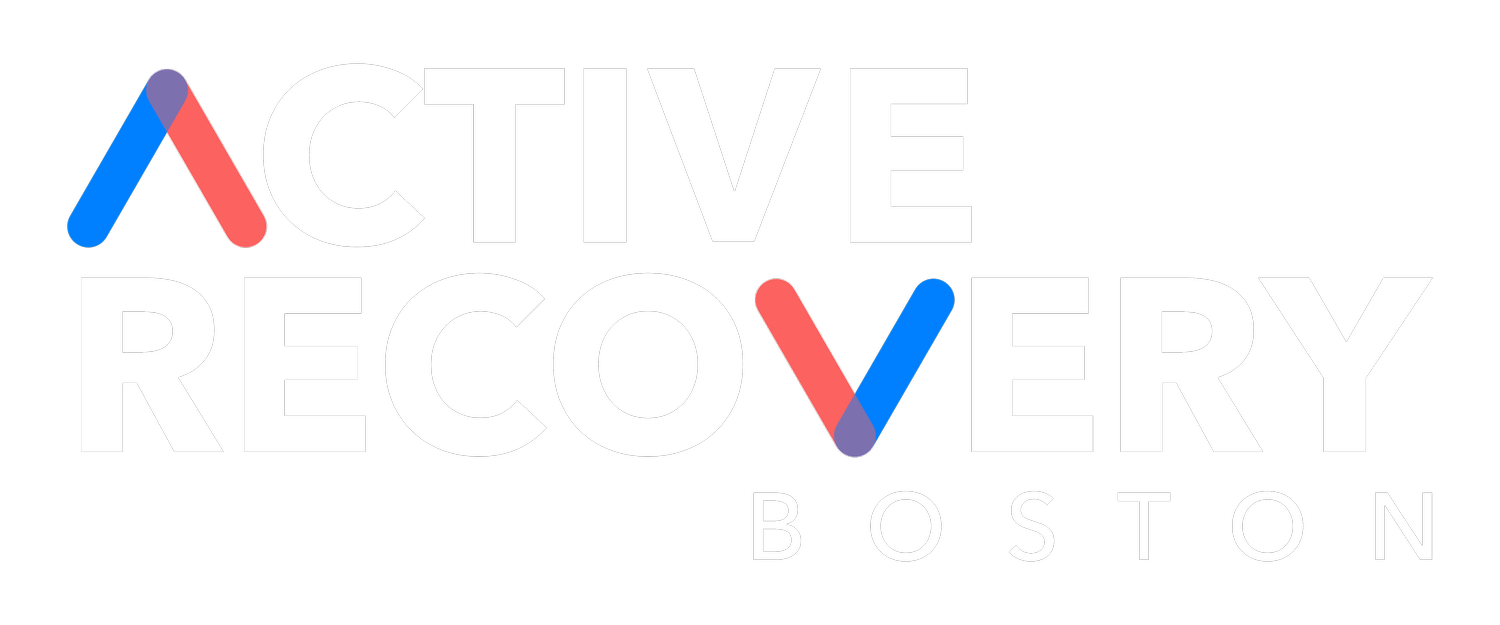Running the Boston Marathon is an incredibly rewarding experience, but it’s also one that can lead to injuries if you don’t take the proper precautions. One of the most important pieces of advice for any marathon runner is to make sure you have the right pair of shoes. The wrong shoe choice can cause a number of issues, from blisters and strains to more serious problems like plantar fasciitis and Achilles tendonitis. Dr. Kate Kelly from Active Recovery Boston explains why it's so important to make sure you have the correct running shoe when preparing for the Boston Marathon.
Proper Fit Is Crucial
The first step in finding the right pair of running shoes is making sure they fit properly. Shoes that are too tight or too loose can cause a range of issues, including blisters, shin splints, and general discomfort during a run. When trying on shoes, make sure there is around a half-inch between your toes and the front edge of the shoe when standing in them; this will give your feet enough room to move naturally while running without rubbing against the sides or top of the shoe. Additionally, be sure to check that your heel doesn’t slip out when walking around in them – if it does, try another size or style until you find one that fits better. Perhaps most importantly is the proper width. A shoe that is too narrow wreaks havoc on the body and can create injuries.
Choose The Right Style For Your Foot Type
The type of arch you have plays an important role in determining which type of running shoe will work best for you. People with flat feet typically need more cushioning and support than those with high arches; additionally, those with high arches tend to do better with lighter shoes that provide less cushioning but still keep their foot stable while running. Additionally, shoes that are too narrow, can create injury from the foot to the hip and low back. It’s important to note that not all styles are designed for every type of foot; if you struggle to find something that works for you, it may be worth speaking with a specialist at Active Recovery Boston who can help identify the best shoe for your specific needs.
Replace Shoes Regularly
No matter how well-made your running shoes are, they will eventually wear out after regular use – this is why it’s important to replace them regularly (every 400-500 miles) even if they don’t appear worn down yet. If you are on the taller/heavier side and run large amounts of miles weekly, it may be more like 350-450 miles before replacing them. Worn down shoes can cause serious injury due to lack of cushioning and support; by replacing them regularly, you can avoid this risk altogether and keep yourself safe while pounding the pavement.
Overall Health Considerations
Finally, when selecting a pair of running shoes it’s important to consider any health conditions or injuries you may have before making your purchase – some conditions require special types of footwear which provide additional support or cushioning than standard sneakers might offer. If unsure about what type would work best for you, speak with Dr. Kate Kelly at Active Recovery Boston who can help identify footwear based on your individual needs – this way you can be sure to get exactly what works best for protecting your feet during long distance runs.
By following these tips when selecting a new pair of running shoes, Boston Marathon runners can be sure they're making an informed purchase – one that will keep them safe from potential injuries.
To learn more about becoming a new patient at Active Recovery Boston where we have specialists available who can help identify just what kind of footwear works best for each person's individual needs, please call us. Our Boston office can be reached at (617) 423-3370 or our Franklin office can be reached at (617) 959-4558 to schedule your first appointment.

